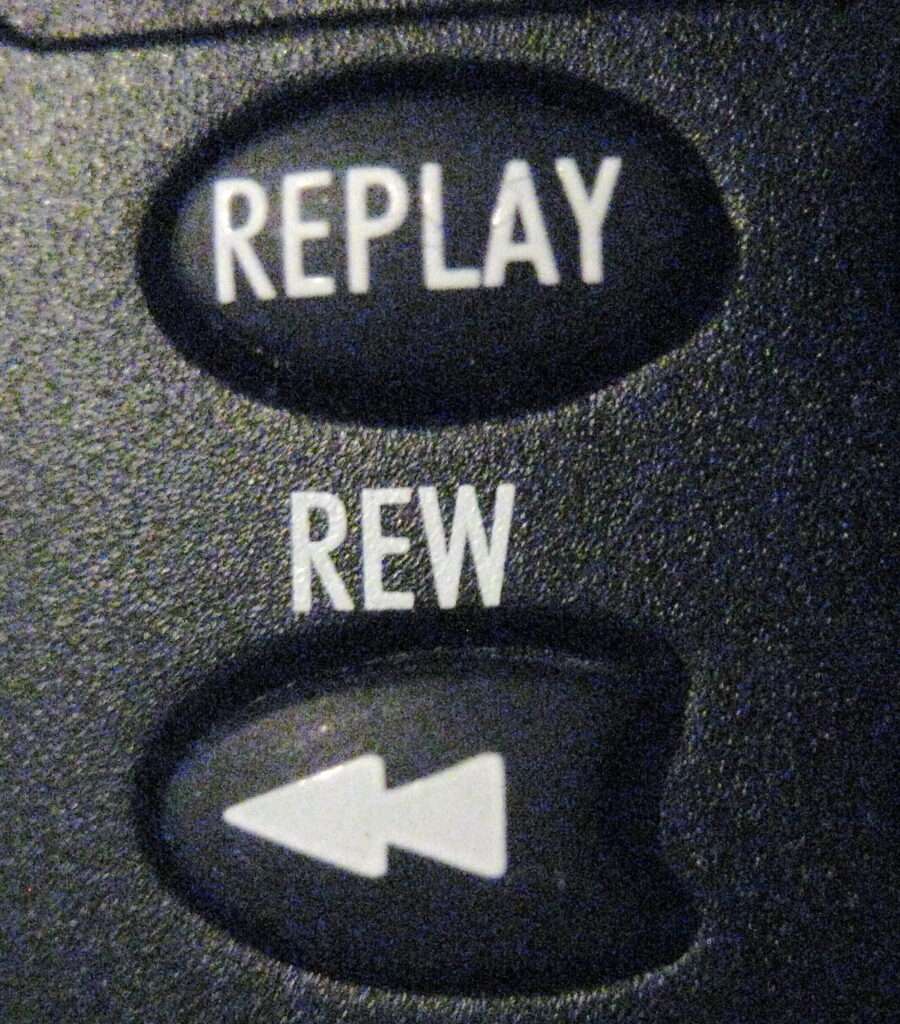Content note: This article discusses trauma and an infant being assaulted
Have you ever watched an autistic individual joyously laugh or begin to sob broken heartedly for no reason apparent to yourself?
It’s very likely they are replaying a memory of an event that has passed, possibly as recent as that day or even months or years ago. We can feel the exact same intensity that we felt at that moment, see the same sights, smell the same smells, and hear the same sounds.
Depending on if it’s a pleasant memory, we may sit there smiling, giggling, or laughing uproariously—to the amazement of anyone nearby. Similarly our distress is absolute if it’s a depressing memory: Tears will run, and the devastating sadness experiences at that time will be identical.
Can we stop replays? No.
Can we control them? No.
Replays can be triggered by a sight, or a smell similar to one we would have smelt at that time. Even a sound like an alarm or a song can all provoke a truly realistic memory reel that will begin playing automatically. I was unfortunate enough to be scrolling through Facebook one day, and saw a video of a baby being assaulted.
It has replayed in my head for three days.
I looked the incident up, and found the child minder involved had been arrested that day and was now in prison, plus the baby had recovered—yet it gave me scant relief. I could feel the devastation I imagined the baby could feel, and the actions were like a non stop preview whether my eyes were closed or open. I couldn’t eat for two of those days. I couldn’t sleep for all of them.
Similarly, a happy memory of a little baby chimp statue in a shop window that made me giggle can still make me happy till this day, the giggles erupt and the bubble of joy I felt is mimicked to perfection.
So, please: If your child or adult autistic is seeming to have a replay, leave them alone.
If they seek comfort, give it—but otherwise leave them to go through the literal visual, auditory, and sound reel they are witnessing. It’s involuntary, and we need to replay it, to get it out.
If your child or adult autistic seems very upset by what they are replaying, and you can narrow it down to something they have seen on the TV or their tablet/computer, one option that works for us is to get a cloth and wipe the device down firmly in front of them. Clean the keyboard and even surrounding desk, as this will visually cleanse the area. Wipe the computer viewing history. I have ripped a video to pieces after seeing something distressing on it, and binned it—but even that didn’t work as the trash bin was still in the house. Once I’d emptied the bin I felt better.
In our house it has even helped to snap offending DVDs in half. This may not work for everyone so do be sure to know it is the the correct approach to take with your child, in case it actually causes more distress. Putting the DVD into a box and putting it away in another room is also an option—which gives the child time to decide if they ever wish to view it again or not.
If your child or adult has memories of bullying, or something else that upsets them, another approach is to ask them to write about it or draw it—then either bury the paper, or tie it to a balloon and let it go. You may have to do this several times if it’s a particularly distressing memory.
Alternatively if they are laughing and giggling in, glee join in! We need more of that in the world and a joyful memory shared is something to be cherished.
